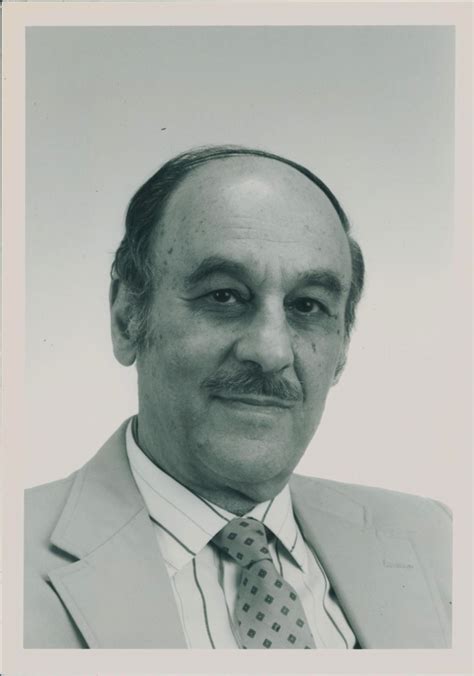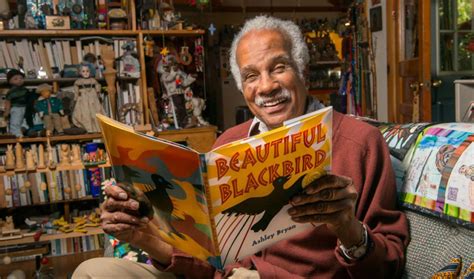A Quote by Rita Dove
If we’re going to solve the problems of the world, we have to learn how to talk to one another. Poetry is the language at its essence. It’s the bones and the skeleton of the language. It teaches you, if nothing else, how to choose your words.
Related Quotes
We believe we can also show that words do not have exactly the same psychic "weight" depending on whether they belong to the language of reverie or to the language of daylight life-to rested language or language under surveillance-to the language of natural poetry or to the language hammered out by authoritarian prosodies.
Language is a theme in the whole book, no? I mean it ends with the title poem about words are all we have. I guess midrash makes sense. How does it change in the course of the sequence? Well, God is into No and into Stasis/Nouns. Adam and Eve, in order to be in this world (and get this world going) must choose verbs. Which is to gain sex but also to choose death and all else that goes with change. To choose becoming over being.
A ruler must learn to persuade and not to compel... he must lay the best coffee hearth to attract the finest men... a good ruler has to learn his world's language... it's different for every world... the language of the rocks and growing things... the language you don't hear just with your ears... the Mystery of Life... not a problem to solve, but a reality to experience... Understanding must move with the flow of the process.
Poetry cannot be translated; and, therefore, it is the poets that preserve the languages; for we would not be at the trouble to learn a language if we could have all that is written in it just as well in a translation. But as the beauties of poetry cannot be preserved in any language except that in which it was originally written, we learn the language.
Learn something from marriage. Marriage represents the whole world in a miniature form: it teaches you many things. It is only the mediocre ones who learn nothing. Otherwise it will teach you that you don't know what love is, that you don't know how to relate, that you don't know how to communicate, that you don't know how to commune, that you don't know how to live with another. It is a mirror: it shows your face to you in all its different aspects. And it is all needed for your maturity. But a person who remains clinging to it forever remains immature. One has to go beyond it too.
If a novel is written in a certain language with certain characters from a particular community and the story is very good or illuminating, then that work is translated into the language of another community - then they begin to see through their language that the problems described there are the same as the problems they are having. They can identify with characters from another language group.
I love poetry. It's at the heart of everything I do. Poetry transforms what we call language, and uses language as the stuff to become something else. I get spun around by what happens in words. When that occurs, it inspires images that seem so original to me as an artist, even though I'm following what the poem has offered.
Obviously people's feelings are going to get hurt when you use certain words, but you can't outlaw words. They're really the history of our culture. They tell you what's going on. When you make words politically incorrect you're taking all the poetry out of the language. I'm pro anybody living their lives the way they want to live, sexually and otherwise; and I'm anti any kind of language repression.
Composing computer programs to solve scientific problems is like writing poetry. You must choose every word with care and link it with the other words in perfect syntax. There is no place for verbosity or carelessness. To become fluent in a computer lnaguage demands almost the antithesis of modern loose thinking. It requires many interactive sessions, the hands-on use of the device. You do not learn a foreign language from a book, rather you have to live in the country for year to let the langauge become an automatic part of you, and the same is true for computer languages.







































